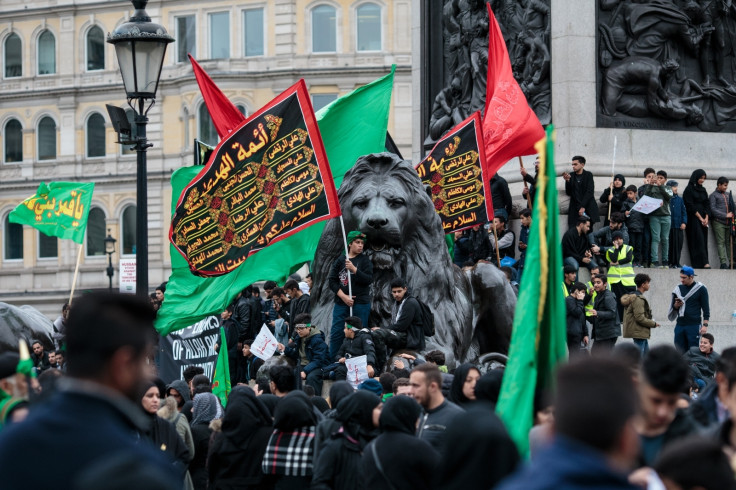Can a curb on immigration stop the rise in Europe's Muslim population? Not likely, says new report
A Pew Research Centre report claims the rise will take place in the coming decades even without future migration.
The Muslim population in some European countries is expected to triple in number in the coming decades, a new report suggests. According to projections made by the Pew Research Centre report, Germany, the UK and France could lead the rise whether they choose to keep their doors open to migrants or not.
The report, Europe's Growing Muslim Population, projected three likely scenarios — high migration, medium migration and zero migration — for population increase by 2050.
With heavy influx, Germany's Muslim population could grow from 6.1% in 2016 to 19.7% in 2050. France could see a rise from 8.8% to 18%, and the UK could witness a 17.2% rise from its current rate of 6.3%.
Medium migration could increase the current Muslim population percentage in Germany to 10.8 and France would double its Muslim people to 17.4%. The UK, on the other hand, might witness a strong increase by over 10%. In this scenario, Sweden would also see a rise from 8.1 % to 20.5%. Finland's Muslim share would reach 11.4% from 2.7%.
If the current 28 EU members, along with Norway and Switzerland were to stop migration altogether, the numbers would still rise owing to a younger age profile and higher fertility rates among the Muslim population in these nations.
These report also predicts that certain Eastern European countries would not witness a major change in population. With high migration Poland's Muslim population would change from 0.1% to 0.2%, the study says.
"While Europe's Muslim population is expected to grow in all three scenarios – and more than double in the medium and high migration scenarios – Europe's non-Muslims, on the other hand, are projected to decline in total number in each scenario," the research states.
"Migration, however, does mitigate this decline somewhat; nearly half of all recent migrants to Europe (47 percent) were not Muslim, with Christians making up the next-largest group."
























